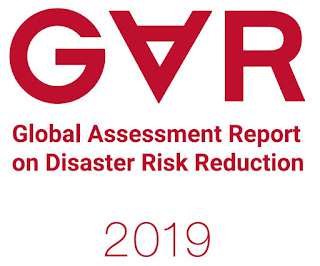Resilience is an illusion
Emergency Planning
MAY 14, 2024
Many researchers who have adopted the concept when trying to interpret disaster risk reduction have followed the work of Crawford Stanley "Buzz" Holling, as expressed in his 1973 paper (Holling 1973). Previously (Alexander 2013), I thought that Holling was wrong about resilience. However, this does not dispense with homeostasis.












Let's personalize your content